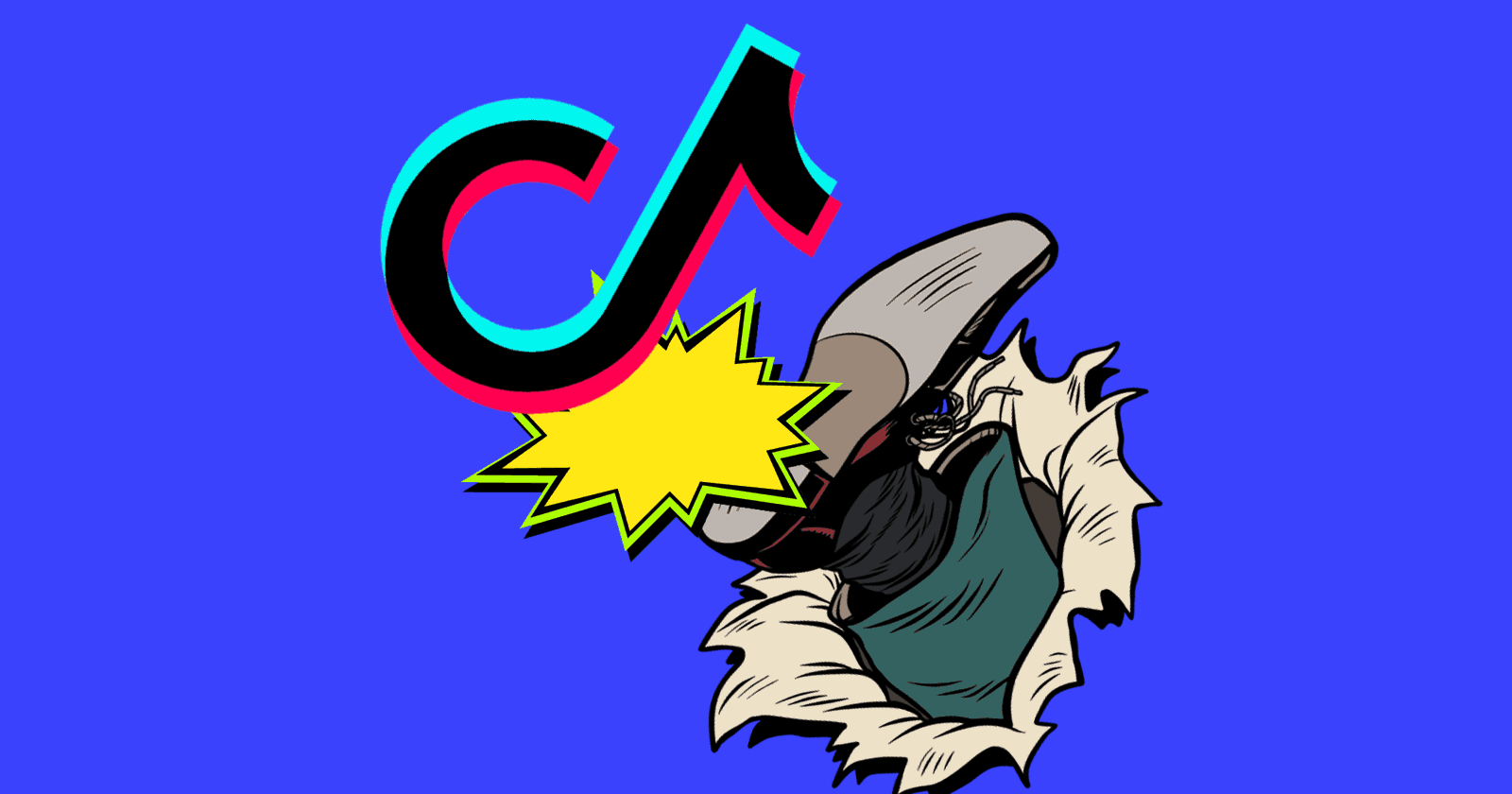A presidential executive order issued on August 6, 2020 effectively bans TikTok in 45 days. The action also threatens American entrepreneurs that enjoyed income derived from traffic from TikTok.
According to the executive order, banning TikTok is a national security concern because of possible ties to the Chinese government.
“TikTok automatically captures vast swaths of information from its users, including Internet and other network activity information such as location data and browsing and search histories. This data collection threatens to allow the Chinese Communist Party access to Americans’ personal and proprietary information — potentially allowing China to track the locations of Federal employees and contractors, build dossiers of personal information for blackmail, and conduct corporate espionage.
…The following actions shall be prohibited beginning 45 days after the date of this order, to the extent permitted under applicable law: any transaction by any person, or with respect to any property, subject to the jurisdiction of the United States, with ByteDance Ltd.”
Impact on American Entrepreneurs
TikTok is widely considered an app that’s popular with teenagers. However the app has become increasingly popular with mainstream businesses who use TikTok to build more traffic to their websites.
Yumna Jawad, the publisher of the popular FeelGoodFoodie.net site (@feelgoodfoodie1) has successfully used TikTok to increase the reach of her website.
TikTok has helped her grow her subscriber base and increase traffic to her site.
Yumna shared:
“TikTok has provided so many creators and publishers with a new avenue for bringing awareness to their brand and/or products and services.
The algorithm gives a fair chance to any single video uploaded to go viral, which can build brand recognition and even drive traffic to other social platforms or a site.
Still, because of the newness of the platform, established creators and brands don’t solely depend on it, so the impact would not be as harsh as it would for other more established platforms like Instagram and Facebook.”
The potential for TikTok being banned has introduced an atmosphere of uncertainty in content creators.
Yumna shared:
“Not knowing what may happen sometimes has me questioning where I should be devoting my time.
Yet, I feel that the skills I’m learning in creating short, quick and entertaining videos on TikTok are indispensable as a content creator and for the future of videos.”
Sale to Microsoft?
A sale to Microsoft has been reported to be in negotiation. TikTok wants to sell the portion that operates in the United States and a few other countries. But Microsoft is said to be interested in acquiring all of TikTok.
Can China Retaliate?
The general feeling is that there isn’t much that China can do to retaliate against American technology companies.
Popular technology researcher, blogger and Hong Kong software engineer Jane Manchun Wong, who is followed on Twitter by top Facebook and Instagram executives, tweeted it was unlikely China could engage in a meaningful tit for tat retaliatory response.
This is what she tweeted:
“While I’m not sure about the tit for tat approach, I don’t think there are much websites left that China can block to retaliate”
She then listed the following sites as having already been blocked by China:
China blocked the following websites over the past decade:
Google: 2010
Facebook: 2009
Instagram: 2014
Twitter: 2009
Tumblr: 2016
Pinterest: 2017
WhatsApp: 2017
Discord: 2018data source: wikipedia (which is also blocked in China in 2019)
— Jane Manchun Wong (@wongmjane) August 7, 2020
45 Day Countdown
The presidential executive order issued on August 6, 2020 puts pressure on TikTok to divest itself of its U.S. operation. It may also put it at a bargaining disadvantage with potential buyer Microsoft because time is running out on TikTok.
Citation:
Presidential Executive Order
Executive Order on Addressing the Threat Posed by TikTok





